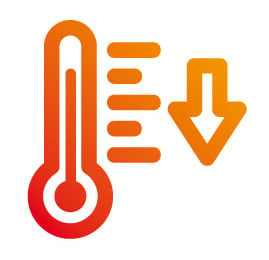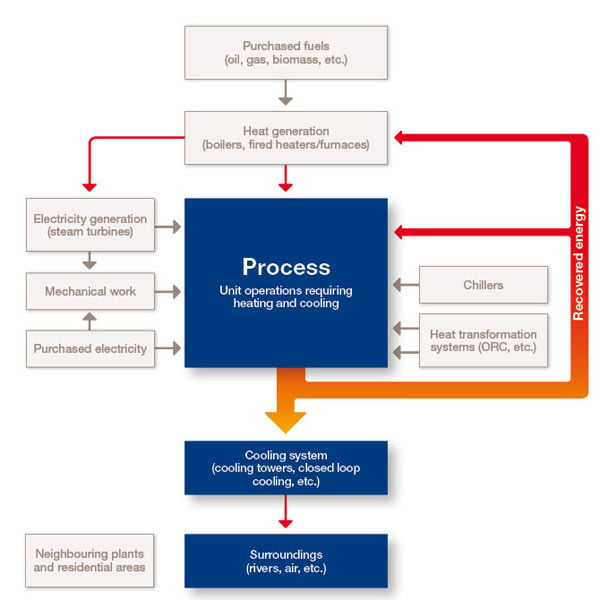Profiting on waste heat
Recovering energy
Industries
Heat exchanger designs
Payback analysis
Contact Us


